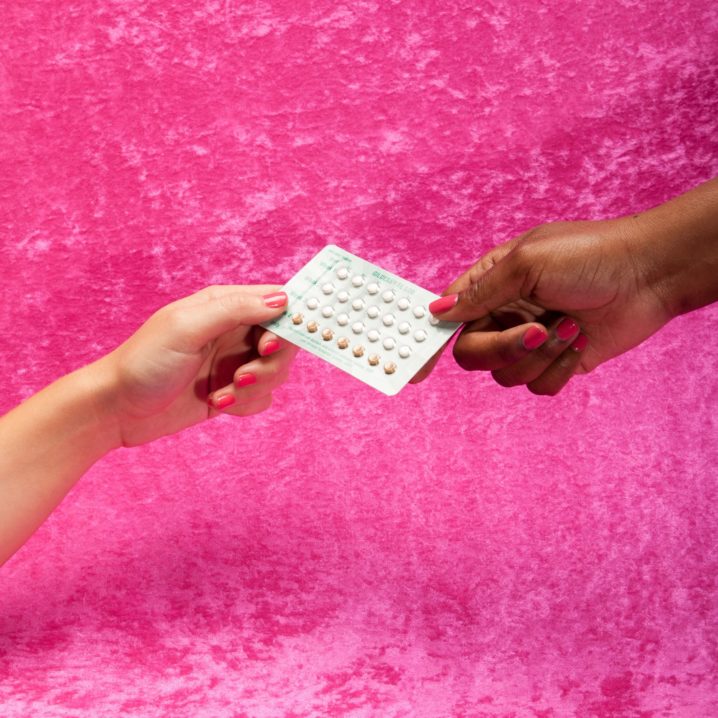
- POPSUGAR Australia
- Fitness
- No, You Don’t Need to Take a ‘Break’ From the Pill Before Trying to Get Pregnant
No, You Don’t Need to Take a ‘Break’ From the Pill Before Trying to Get Pregnant

Welcome to POPSUGAR Uninhibited: The Fertility Edition, a space where anyone who ovulates can come for information, advice and support. Here, we’ll tackle topics like fertility in your 20s, conception and egg freezing. You can find all of the stories here.
POPSUGAR Australia acknowledges diverse gender identities and we strive to use gender-inclusive language in our content. Given the nature of this topic, and interviews conducted, this article may contain some gendered language.
There’s a common misconception that when you’re trying to get pregnant, you need to have come off the oral contraceptive pill a few months before trying. Dr Natalie Elphinstone, a Victoria-based obstetrician and gynaecologist, says she hears this myth again and again from couples who’ve gotten pregnant and are coming to see her for pregnancy care.
“They seem to be surprised that they’ve conceived much sooner than expected,” Dr Elphinstone tells POPSUGAR Australia. “Now, while it’s true that there may be a brief delay in conception for women who stop hormonal contraceptive – especially those who have been on it continuously or for long-term — the reported 12-month conception rates are similar.”
For many women, their menstrual cycle will return within 30 days after stopping the pills, and almost all women will have a return of their menstrual cycle and fertility by 90 days after stopping the pill, says Elphinstone.
“You don’t need to finish the pill pack before coming off it, or trying to conceive,” says Elphinstone. “But the main way the pill works as a contraception is by stopping the eggs from developing, or from ovulating, and it achieves this in the first half of the pill pack.”
That said, if you’ve started the pill pack, or taken most of them in the first 14 days, then it’s likely you’ll have a low rate of achieving a pregnancy anyway, says Elphinstone.
Another misconception about taking the pill is that it causes infertility in those who take it. Again, not true, for the majority of women who’ve taken it. “If the pill was prescribed to control long cycles then stopping it will re-establish this abnormal cycle,” says Dr Lionel Steinberg, an obstetrician and gynaecologist, also based in Victoria. “The reasons for the abnormal cycle may be the underlying cause of infertility or delayed conception and therefore, not the use of the pill.”
Finally, whether you’re trying to get pregnant or not, should you be taking a break from the pill? Should you purposefully give your body a reset by coming off it?
The short answer is there’s no need, says Dr Elphinstone. The long answer would be to assess why you’re on the pill in the first place, and whether that need still exists.
“If you’re on the pill to control a menstrual problem, then there’s no need to come off it, as that may only see a return of the symptoms,” she says. “Although, that’s not always true as many teens and young women may be recommended the pill to control irregular periods in the first few years after starting their period, while these systems may self-regulate over time anyway.”
If you’re on the pill for contraception reasons, then there’s also no need to come off it if you still have a need for contraception, unless you’re prepared to use an alternative method, she explains.
“As always, though, the pill is a medication that comes with possible side effects and increased risks of some conditions, such as blood clots, and the decision to continue should be balanced against these possible concerns,” Dr Elphinstone says.
Bottom line? If you’re coming off the pill and trying to conceive, then you should only come off it once you are in a position to accept a pregnancy should it occur straight away. Because no, you don’t need to be off the pill for several months before trying.



